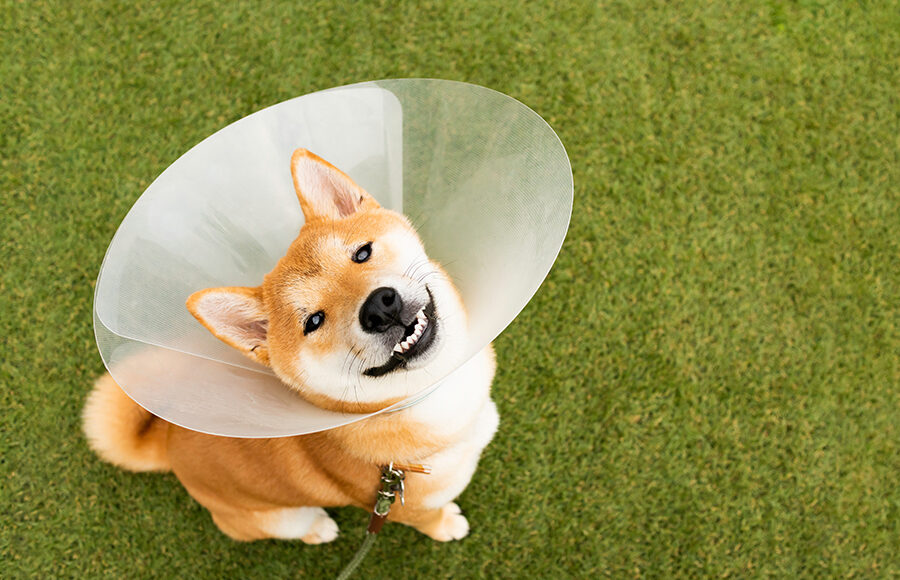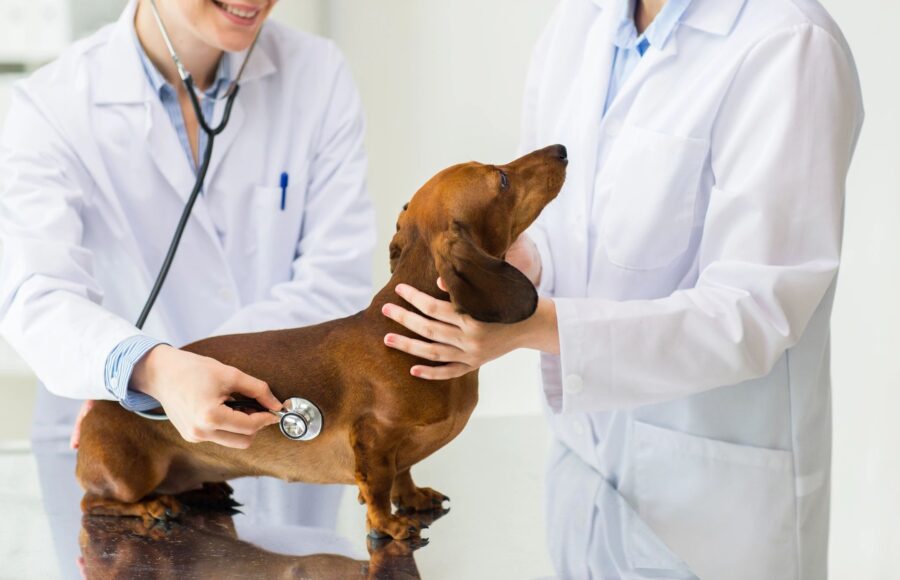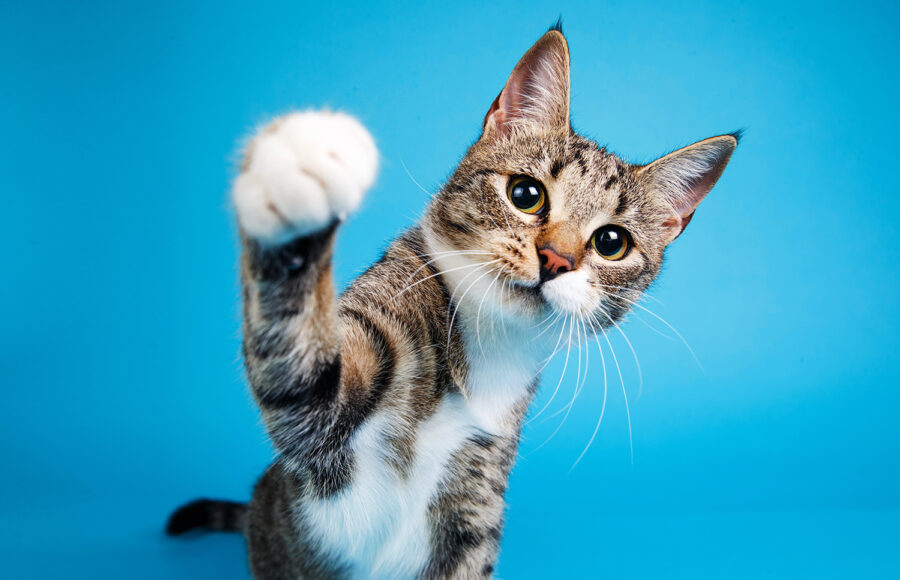
Caring For Your Pet After Surgery
Knowing how to care for your pet properly after surgery can ensure the quickest healing without an unnecessary complications. Here are a few tips on what to expect and how to handle your pet’s daily life post-operation.
What To Expect
Most veterinary procedures use general anesthetic on your pet. This helps your pet to have a painless experience during surgery, and it may take some time for the medication to wear off. Your pet will appear sleepy, a little slower than usual, and most likely won’t eat or drink right away. These are normal side effects and will wear off later in the day. Just like any post-surgery patient, your pet may appear sore or feel a little bruised in the area they were operated on.
Follow Post-Op Instructions
No matter what type of surgery your pet is having, your vet will provide post-operation instructions for care. It is very important to follow these instructions carefully, as some may be very specific relating to your pets specific surgery. Following the vets protocol post-op will help your pet get back to their normal lifestyle as quickly and safely as possible.
Feeding After Surgery
It’s normal for your pet to feel somewhat nauseous or queasy after surgery from medication, and they may lose their appetite for a short period. Start with a light meal that is easy to digest. Your vet may suggest keeping them on their regular diet, or trying dry chicken and rice which is helpful to a pet’s upset stomach. Give your pet some time to feel better before they are eating regularly, but keep an eye out. If your pet isn’t back to their normal diet within 2 or more days, contact your vet. Loss of appetite sometimes indicates pain or infection.
Pain Management & Comfort
Your vet will take the time to explain any medications your pet will be taking after surgery. Be sure to mark down how often your pet should be taking these medications to manage their pain safely and efficiently. Antibiotics that help prevent infection and relieve pain are typically the most common given to pets who have had an operation. If you have other pets or children, find a place your pet can rest comfortably away from anyone. Your pet will need space to stretch, rest and in many cases, need to refrain from playing to let their incisions heal.
Restricting Movement
This is a tough one! No matter the surgery, your vet will likely recommend that your pet limit activity while they heal post operation. Sudden movements like jumping or running where muscles stretch can irritate or even open up the incision site. Most minor surgeries require only a few days of indoor confinement (minus bathroom breaks) so that your pet can heal properly and quickly. Your vet will tell you how long to keep your pet at limited activity.
Stitches, Bandages, & Caring for Incisions
It can be very hard, but it’s important to monitor your pet to keep them from chewing, biting, or scratching at their bandages or incision site. This is why a plastic Elizabethan collar (e cone or e collar) is often the best way to keep pets from doing so. Removable stitches are typically removed 10 days to 2 weeks after your pets surgery, however your pet may receive stitches that dissolve on their own once the wound is healed. Your vet will let you know which kind your pet receives and what to expect. Bandages must be kept dry to help heal quickly.
Post-Op Appointment
Do not skip your post-op appointment. This is the best opportunity to monitor how far along your pet has healed, whether they can continue their normal activity, and if they need additional help in any way. Bandages that need to be changed or removed can also be done at this appointment, and waiting too long can cause infection. You can call your vet in between if you have questions regarding your pets healing process.




